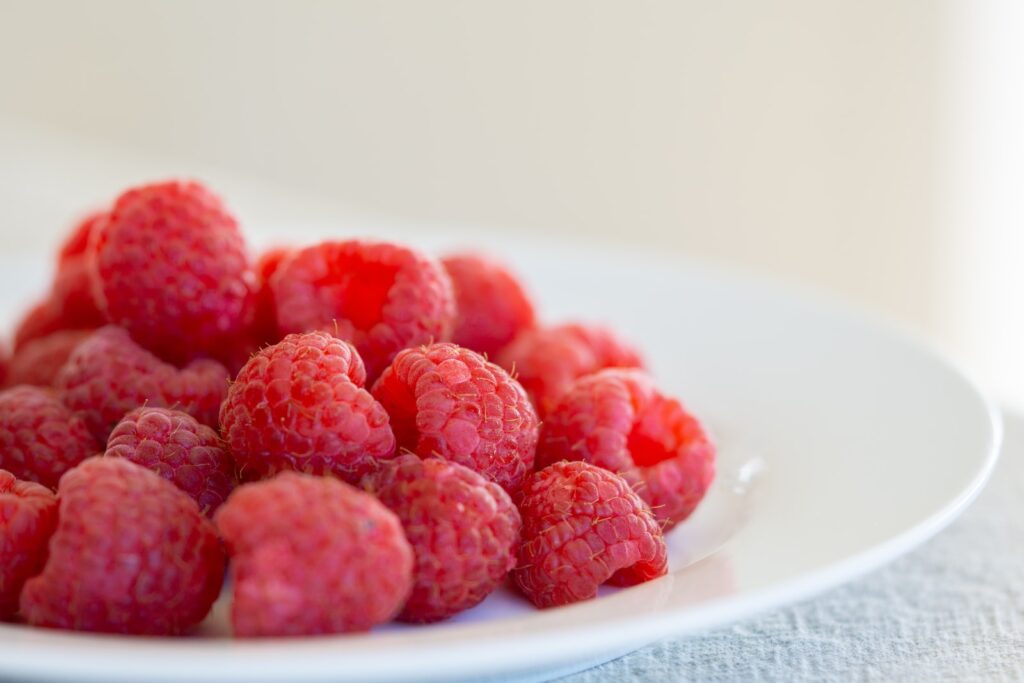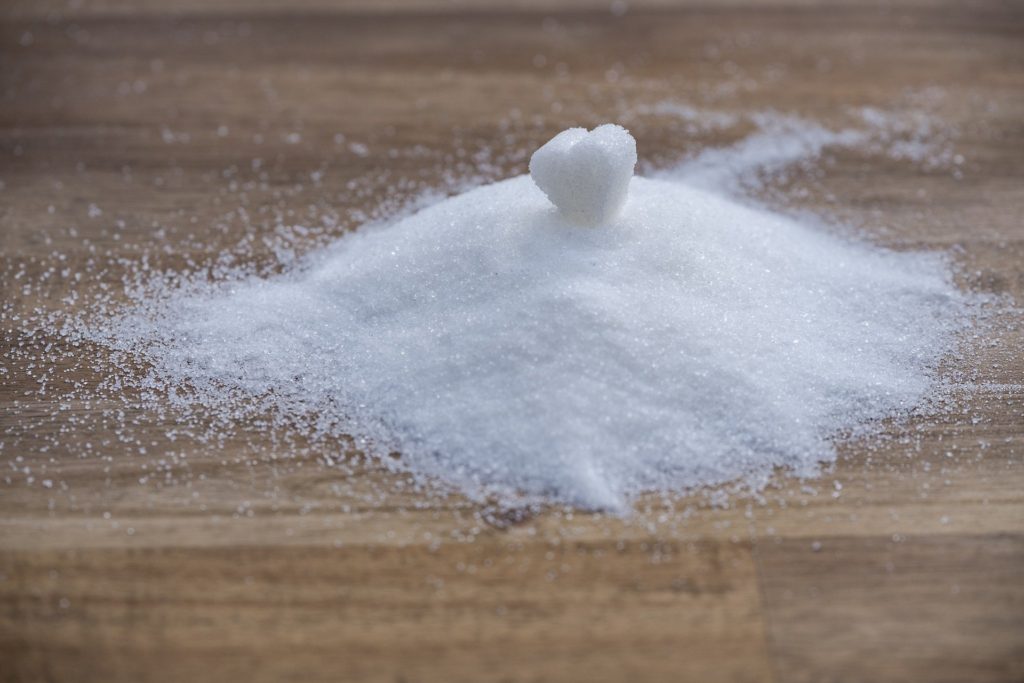Keto can provide many benefits to your health.
A lot of people love keto because it helps them lose weight, gain mental clarity, & stay energetic.
But, doesn’t keto increase your blood pressure?
In this article, I’ll discuss exactly why some people get increased blood pressure on the keto diet, and how to make sure that doesn’t happen to you.
What is Blood Pressure?
Blood pressure is the force of blood pushing against your arteries as you lose heat and expand with temperature. High blood pressure is a condition in which there’s too much pressure in your arteries.
This means your heart has to work harder to pump blood to your organs and tissues.
High blood pressure can cause heart disease, kidney disease, stroke, dizziness, and even impaired vision.

Why Does Keto Increase Blood Pressure?
Keto increases your blood pressure because it flushes out water & electrolytes, which leads to a potassium deficiency, which then leads to increased blood pressure.
The reason keto increases your blood pressure all has to do with sugar, water, & electrolytes.
On keto, your body uses & depletes your glycogen (sugar) stores in the liver & muscles very quickly.
Since sugar holds onto water, which holds onto electrolytes, this causes your body to lose electrolytes fast on keto.
Since potassium deficiency is the leading cause of hypertension or increased blood pressure in people, they must implement some of the strategies in this article to make sure that they can still do keto without affecting their blood pressure.
How To Keep Your Blood Pressure in Check on Keto
There are two things you must do to keep your blood pressure in check on keto: eat more vegetables & add electrolytes.
Firstly, you must eat more vegetables, around 6 cups per day.
This is because the vegetables you eat would have a lot of potassium, which would solve the potassium deficiency causing the increased blood pressure.
Some great high-potassium vegetables are:
- Avocados — 1 medium = 1079mg of potassium.
- Spinach — 1 cup = 898mg of potassium.
- Broccoli — 1 cup = 628mg of potassium.
Secondly, you must add electrolytes back because as you deplete your sugar on the keto diet, you’ll deplete the water that comes with it, & thus the electrolytes that went with the water.
To stop that, you must make sure to add extra sea salt to your food or take 1/2 a teaspoon of sea salt with water daily. The sea salt would replenish the lost electrolytes, but you could also take an electrolyte powder instead.
Summary
Low-carb diets have been linked to an increased risk of developing high blood pressure, and that has serious consequences for your health.
The best way to make sure you don’t develop or worsen your hypertension on a keto diet is by eating around 6 cups of vegetables per day & increasing your salt intake.
If you’re interested in starting the keto diet, but don’t know where to start, here is an article I made detailing the benefits of a keto diet and how to get started.
Hope this helped!
- Can You Still Lose Weight If You Aren’t in Ketosis? - February 8, 2023
- Can the Keto Diet Help With Depression? - February 8, 2023
- Why Does Processed Food Make You Fat? - January 2, 2023




